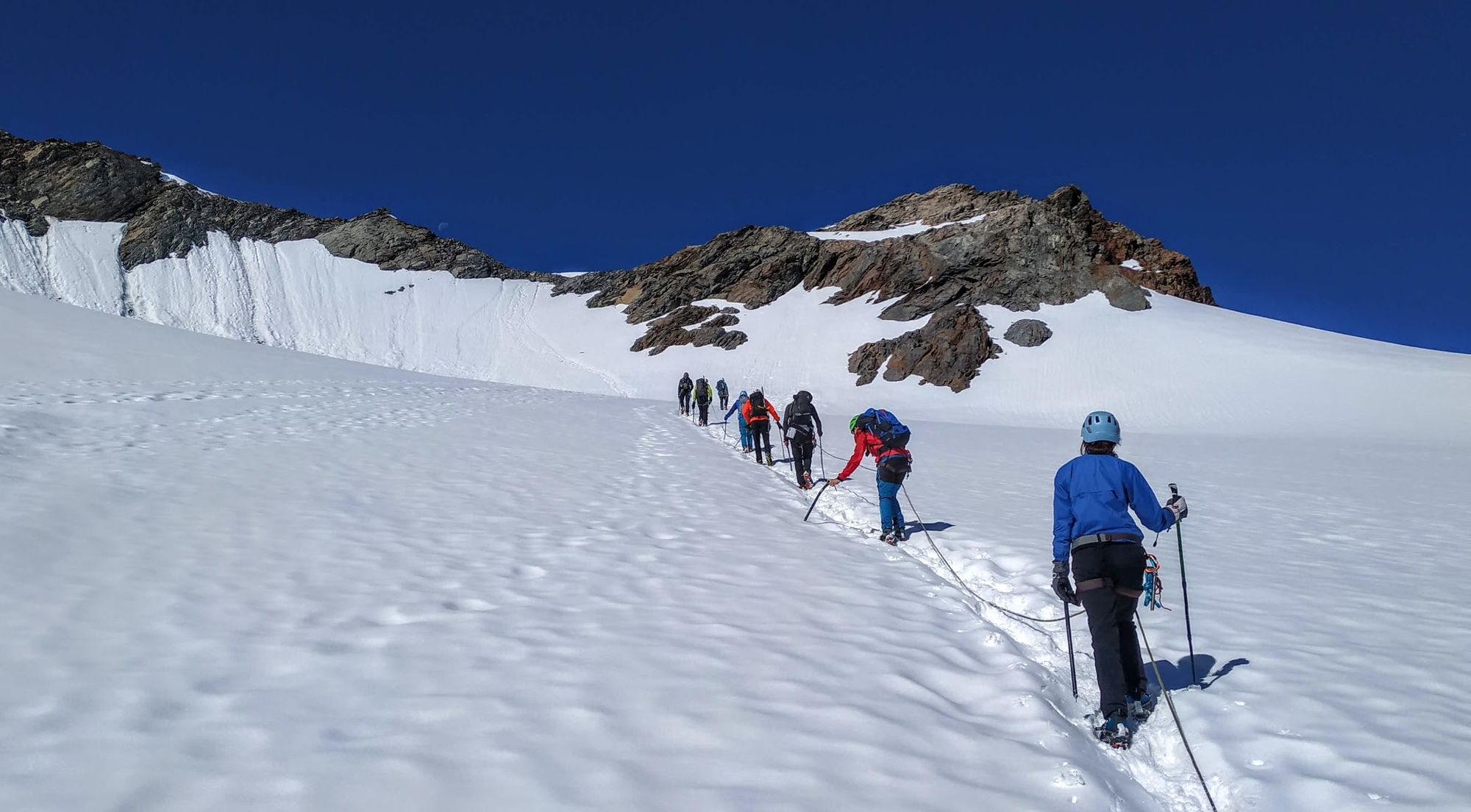A four day mountaineering skills course by Alpinewelten
Before Corona messed up a lot of what I had planned for 2020 I had already planned a two week trip to Austria and Germany for some alpine climbing (more on that in a later article) and to learn some missing skills that would hopefully allow me to widen the things I will be able to do in the mountains. Luckily things calmed down enough that this trip could happen.
As last year's course on alpine climbing was quite long (seven days) considering the topics covered I decided on a four day introduction course on mountaineering skills offered by Alpinewelten. I hoped that I would learn some new skills and that (as with the previous course) I would be reassured that what I had learned on my own made sense.
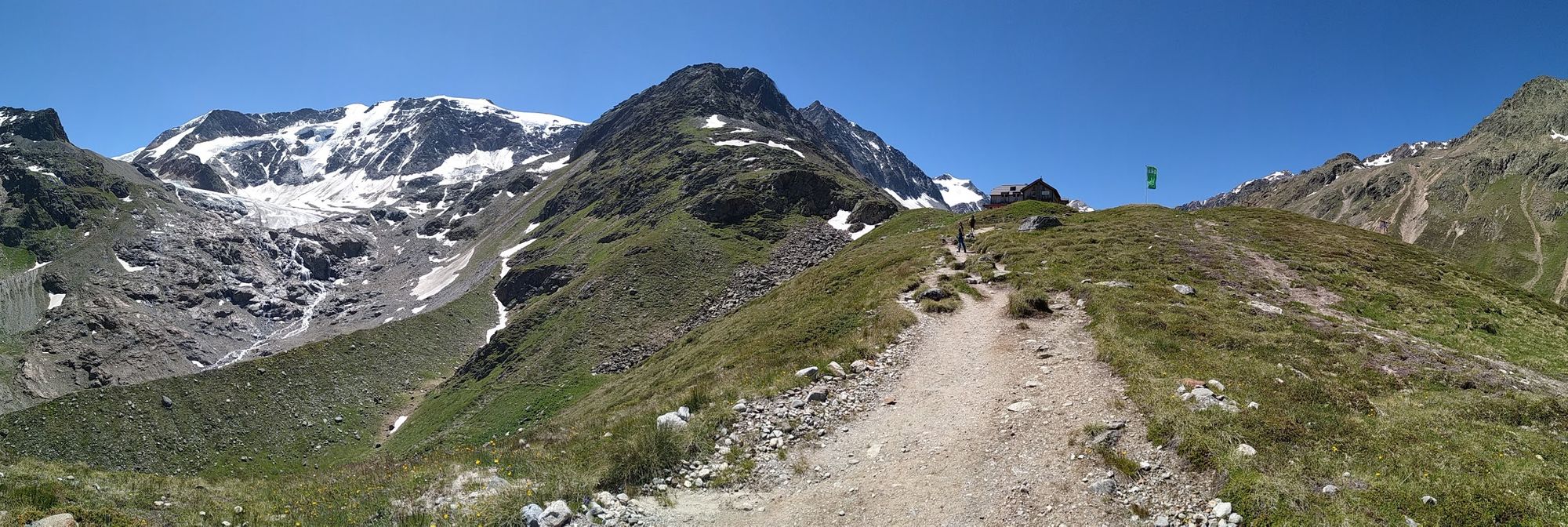
With these goals in mind I headed off to Austria and met with the other course participants - a good crew as it would turn out. The base camp for the next four days was the Taschachhaus in Pitztal Valley which is also a common place to start tours up the Wildspitze (the highest mountain in the region).
The course
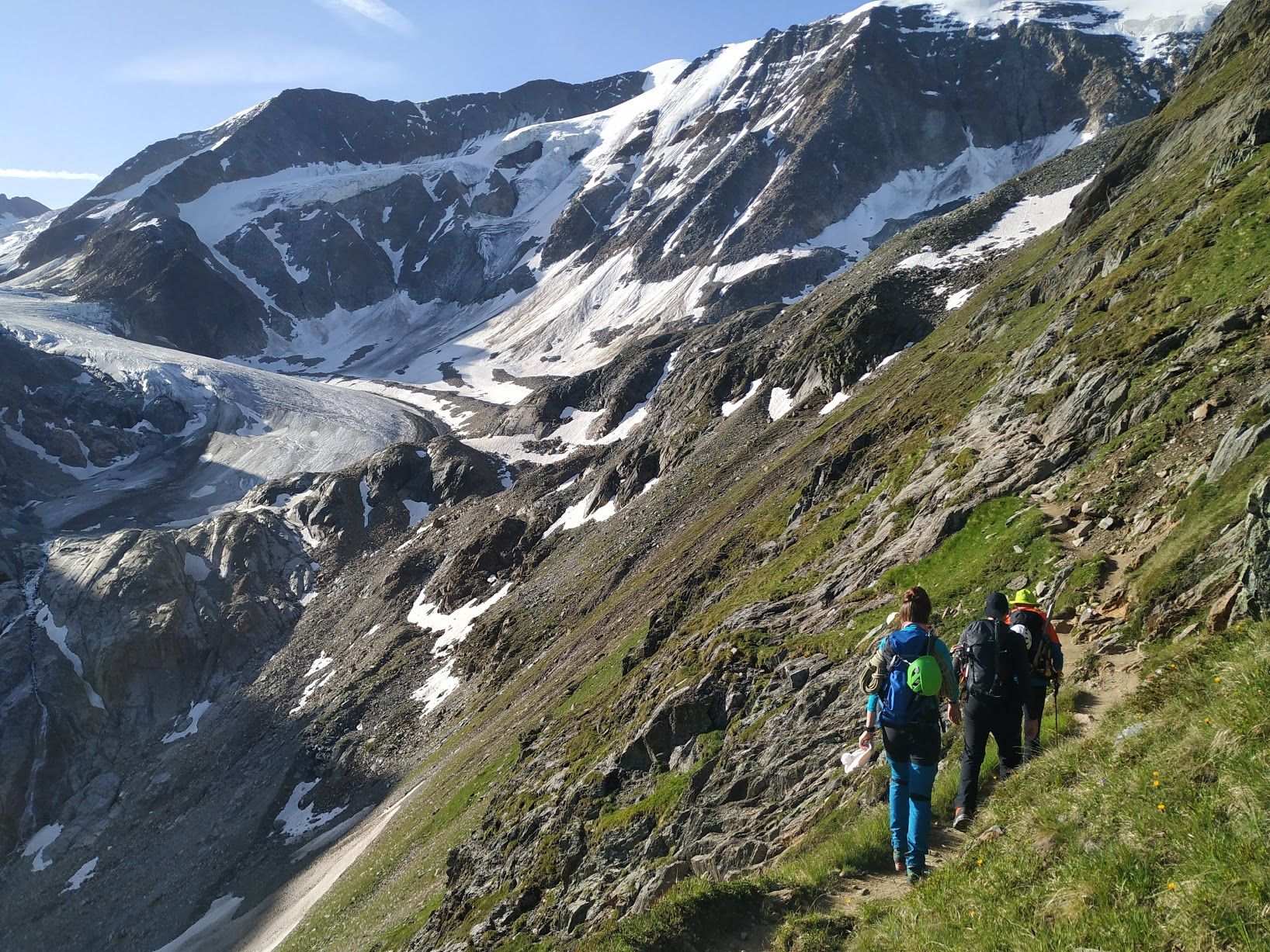
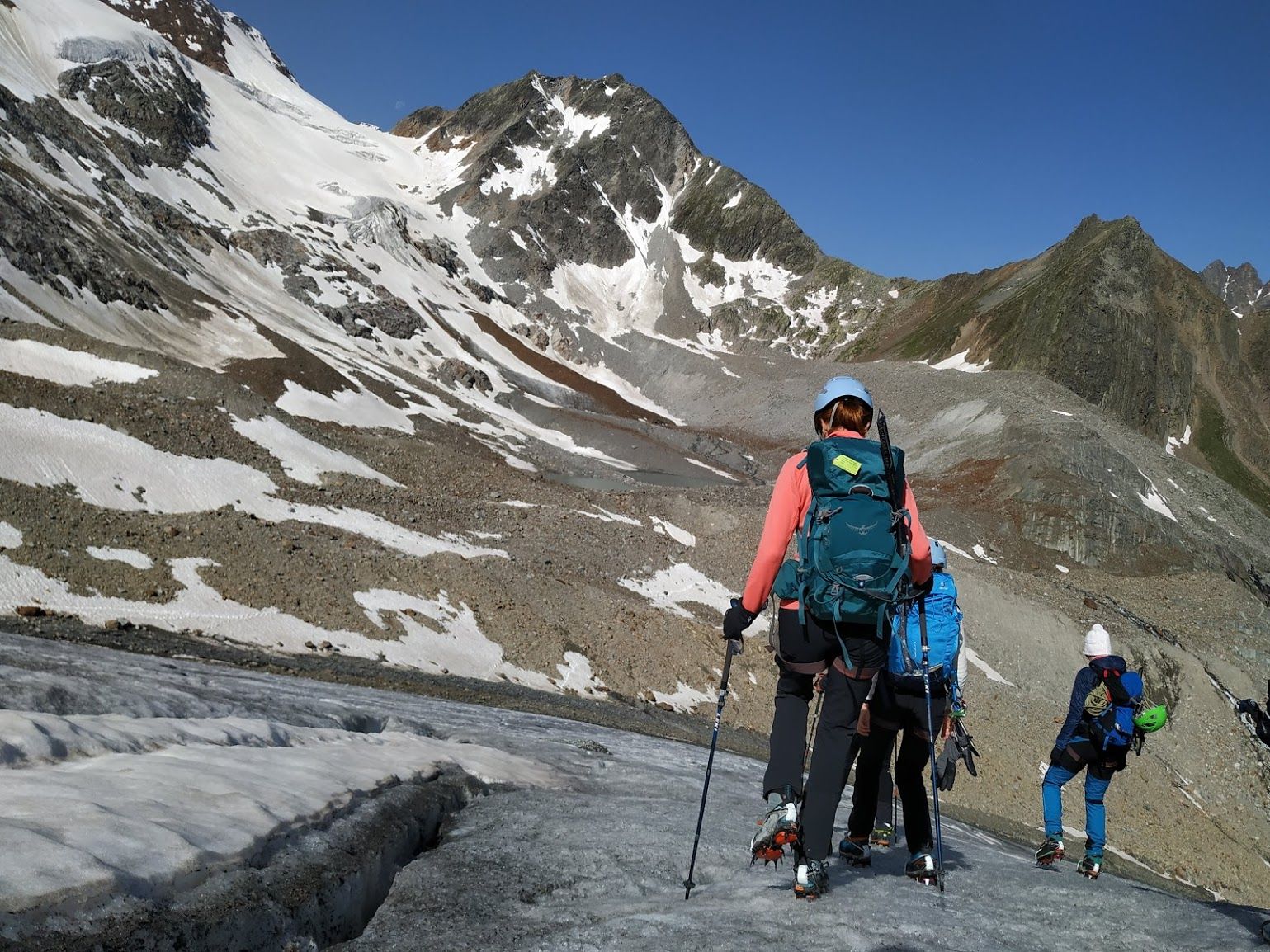
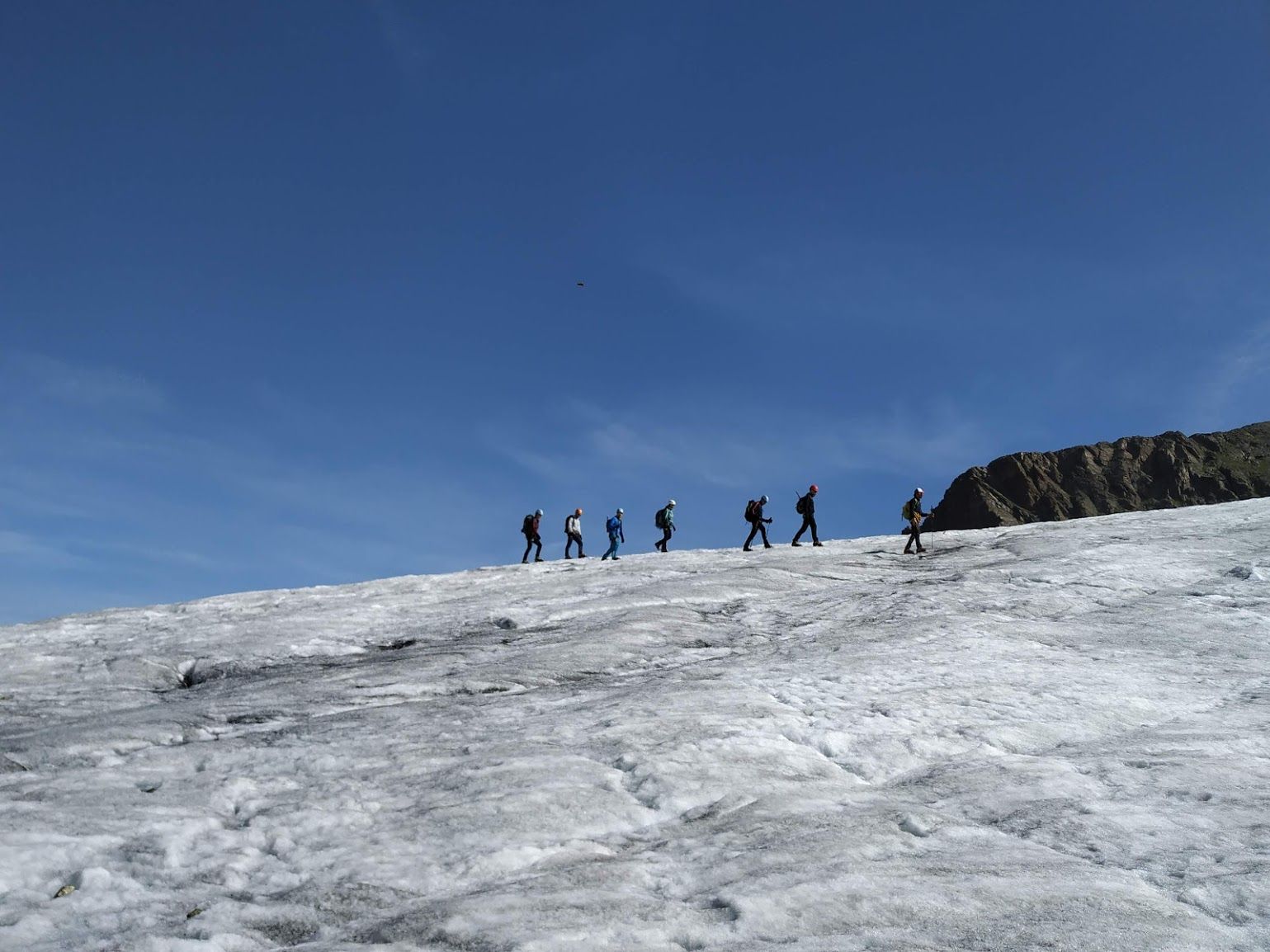
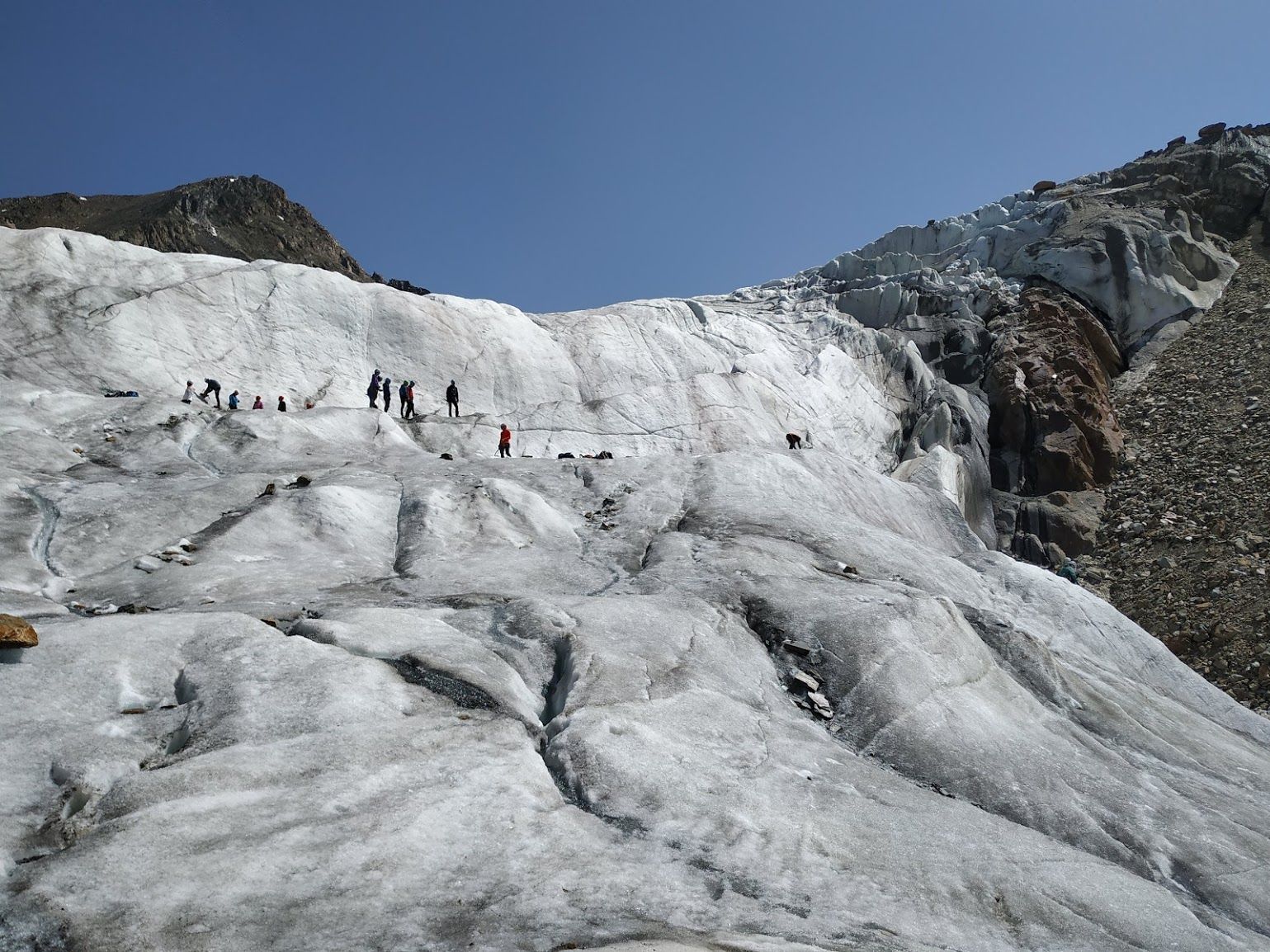
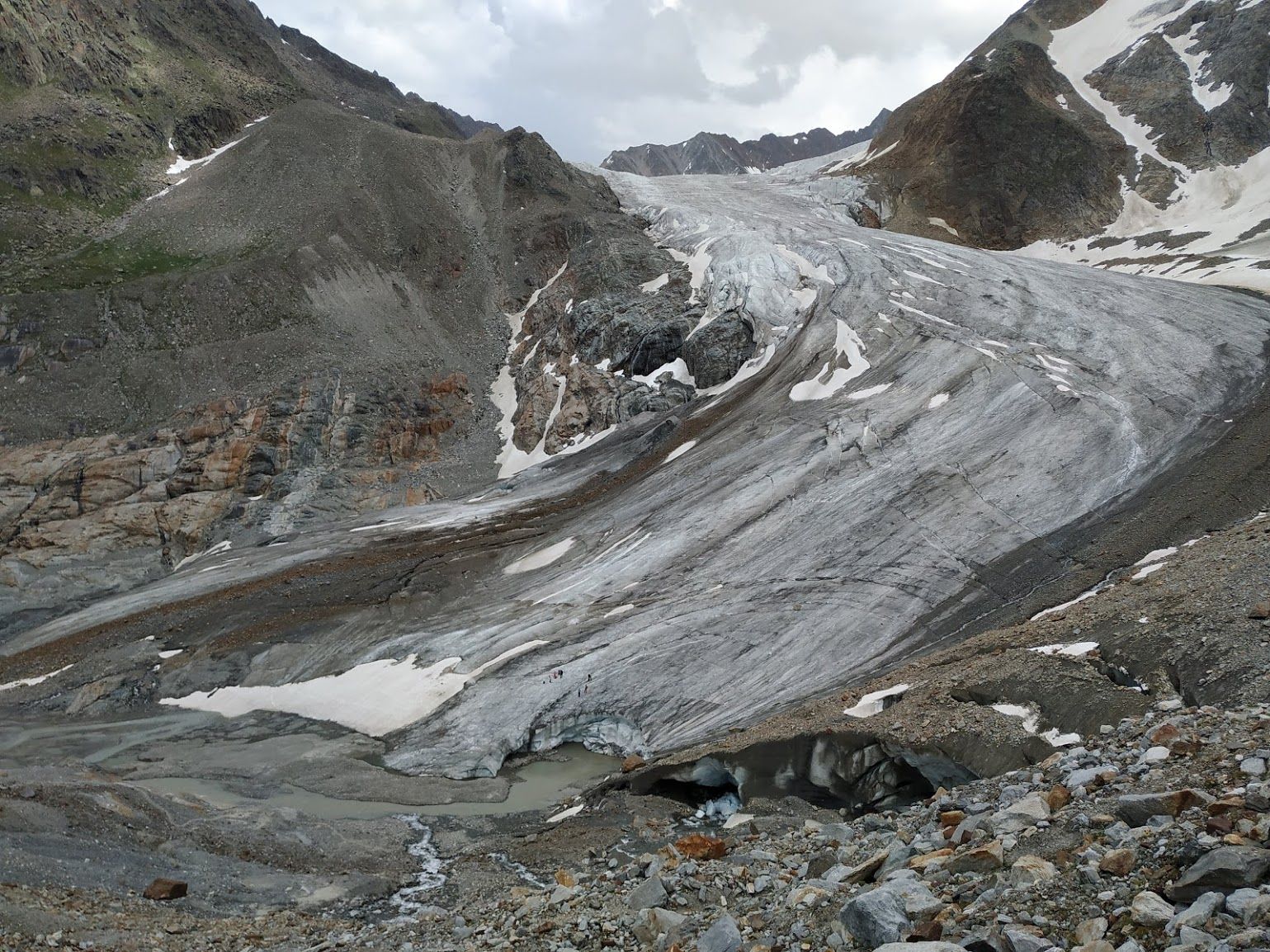
During the first three days of the course we covered stuff I knew already and especially during the time spent on the Taschach-glacier new things as well. The main topics covered were:
- Glacier and snow/firn travel including the use of crampons and ice axes (aka pointy things).
- The rope work necessary to move safely in that terrain including building belays in ice and snow.
- Basic rescue, self-rescue skills and first aid skills.
- General know-how related to weather, planning and decision making in the alpine.
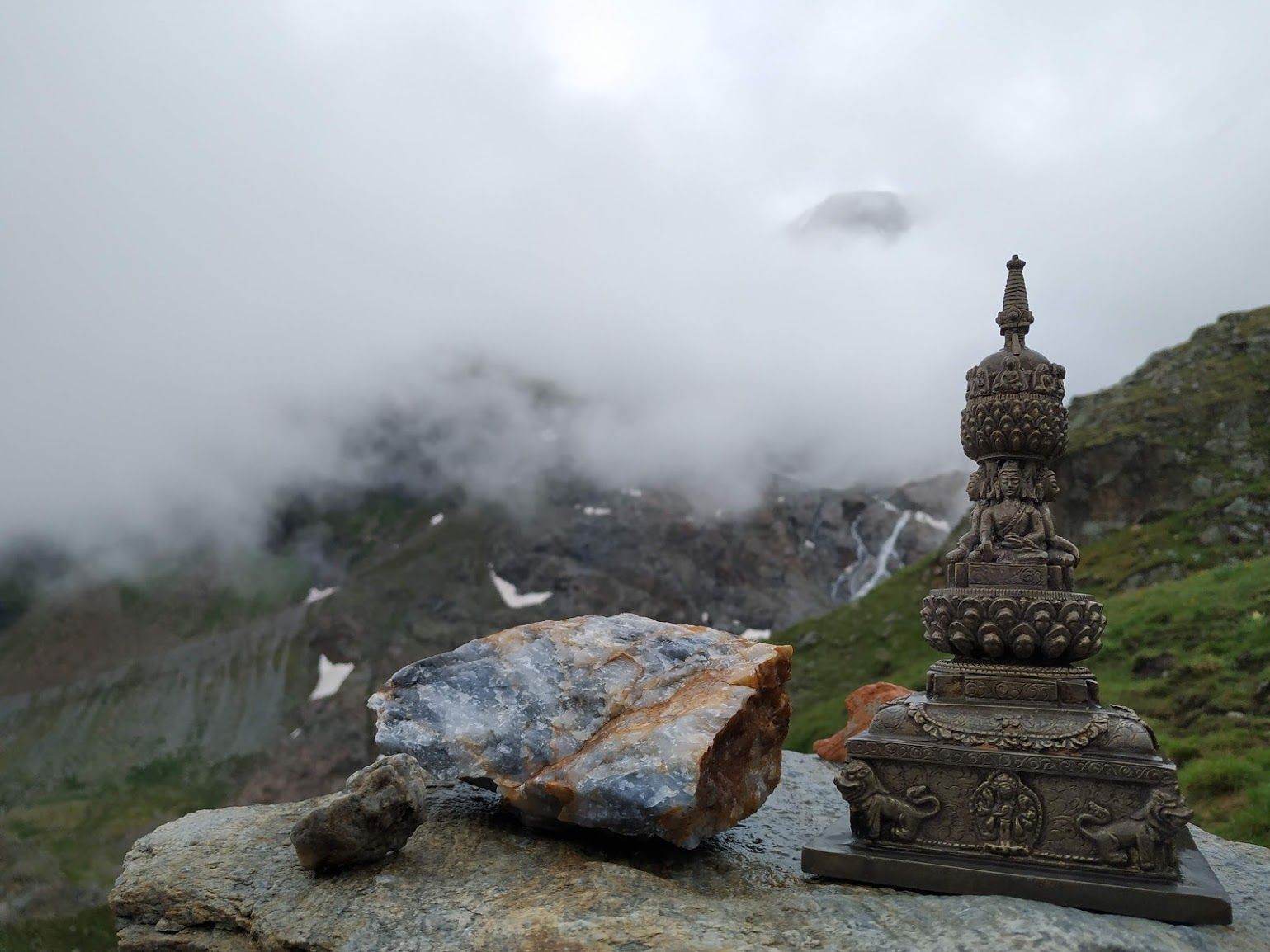
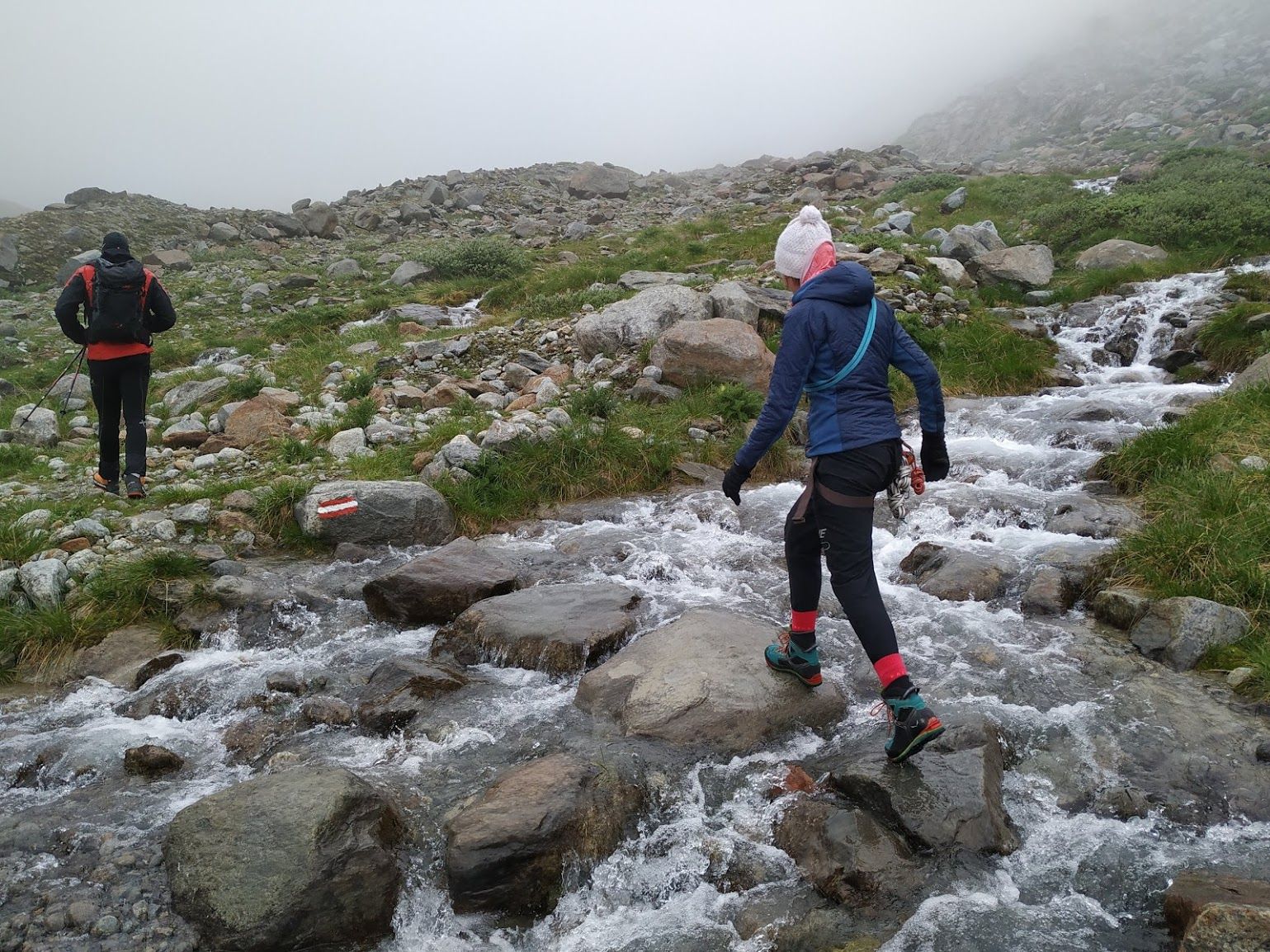
In summary the training part of the course did meet my expectations and on the evening of the third day I had the feeling that with the right people I will be able to tackle tours that include ice and snow terrain on my own - Something I purposely avoided beforehand.
Putting the skills to good use
The fourth day of the course was earmarked for a tour that would make use of the things we had learned in the days before. Due to some mess regarding a trainer of a parallel course leaving early our group had grown to eight people as we headed out to scale the Northern Sexgertenspitze (3.350m AMSL). The planned time was 6-7 hours with about 1.000m of elevation gain and three sections of steep-ish snow/ice.
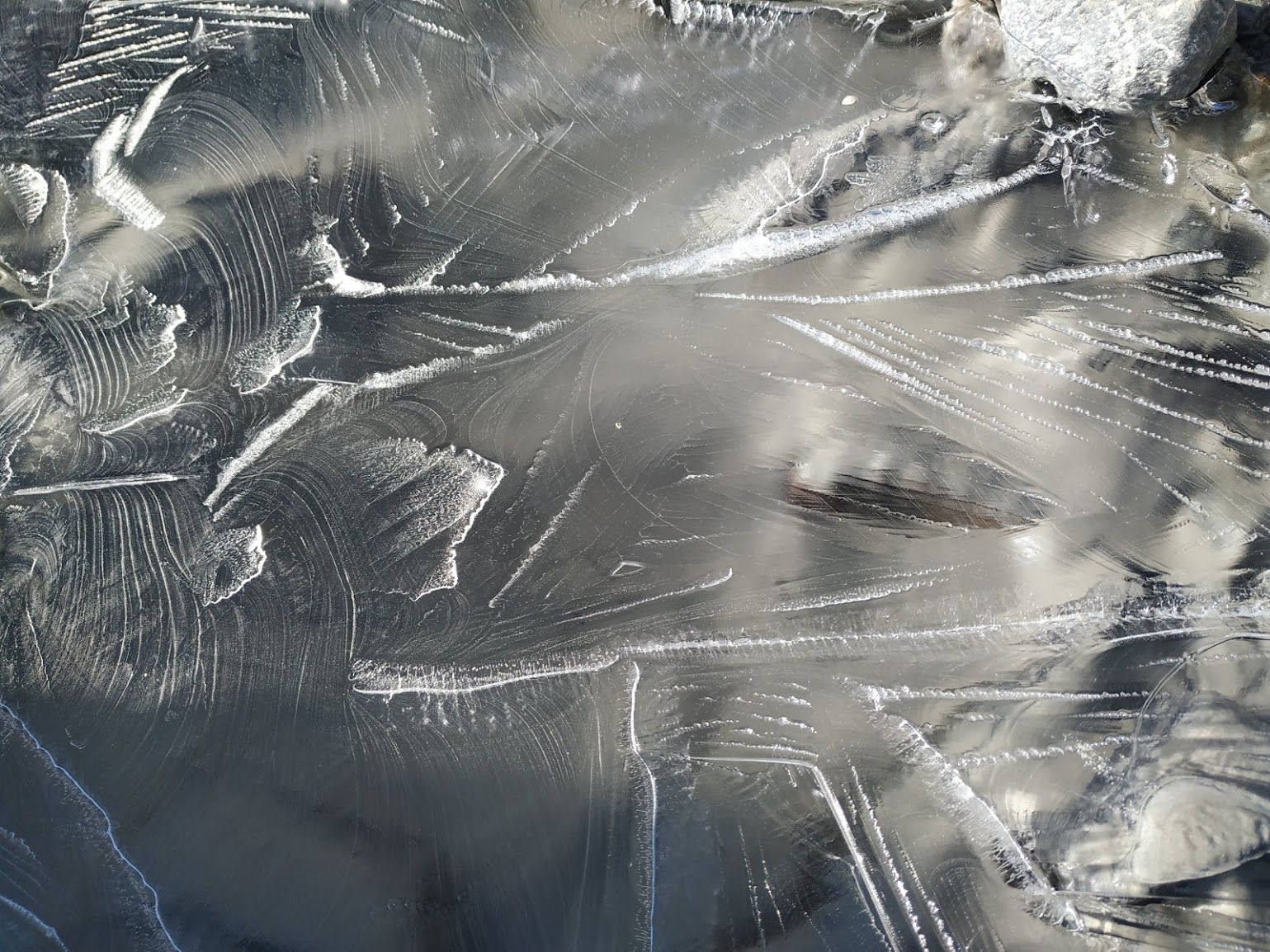
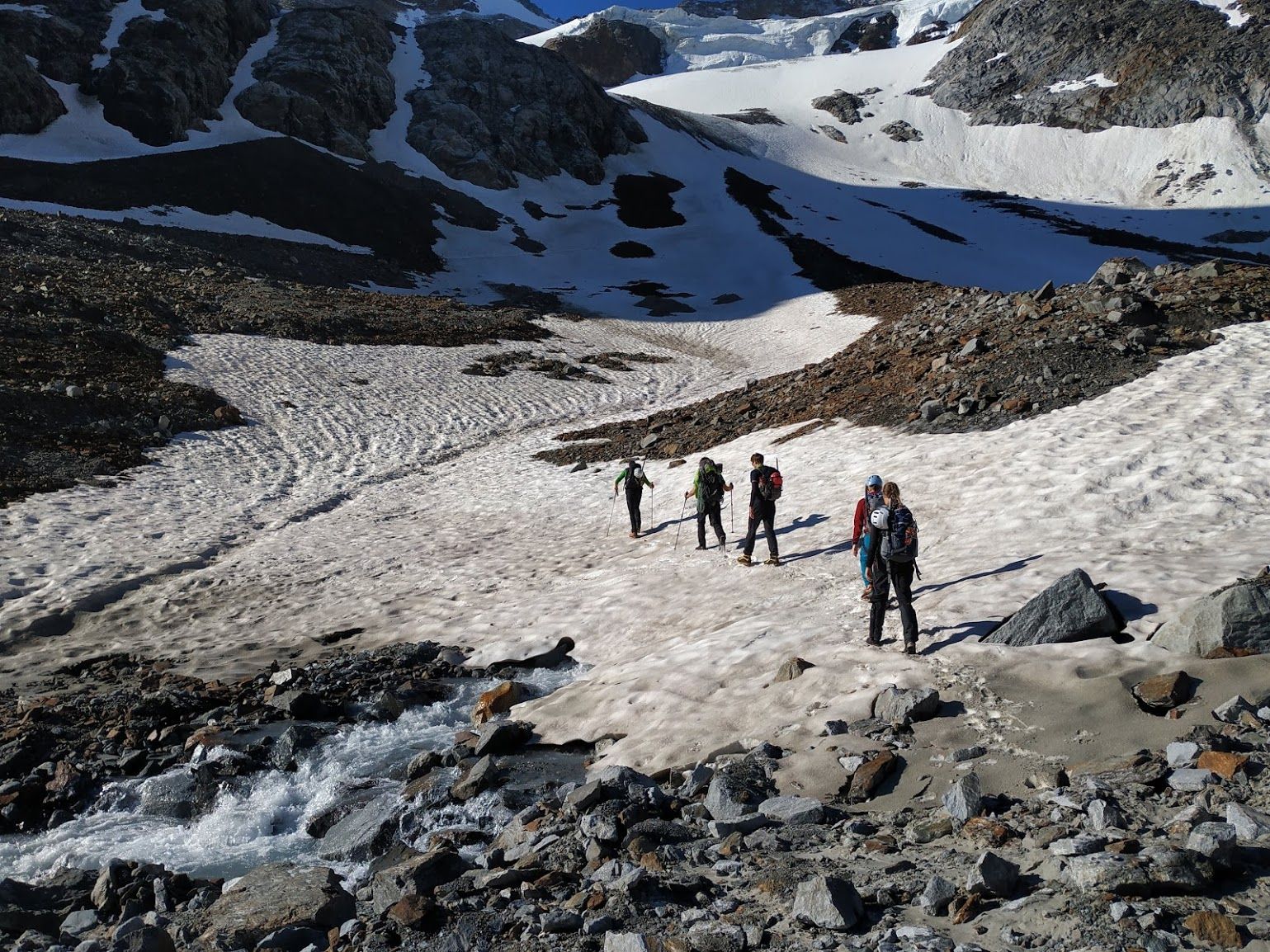
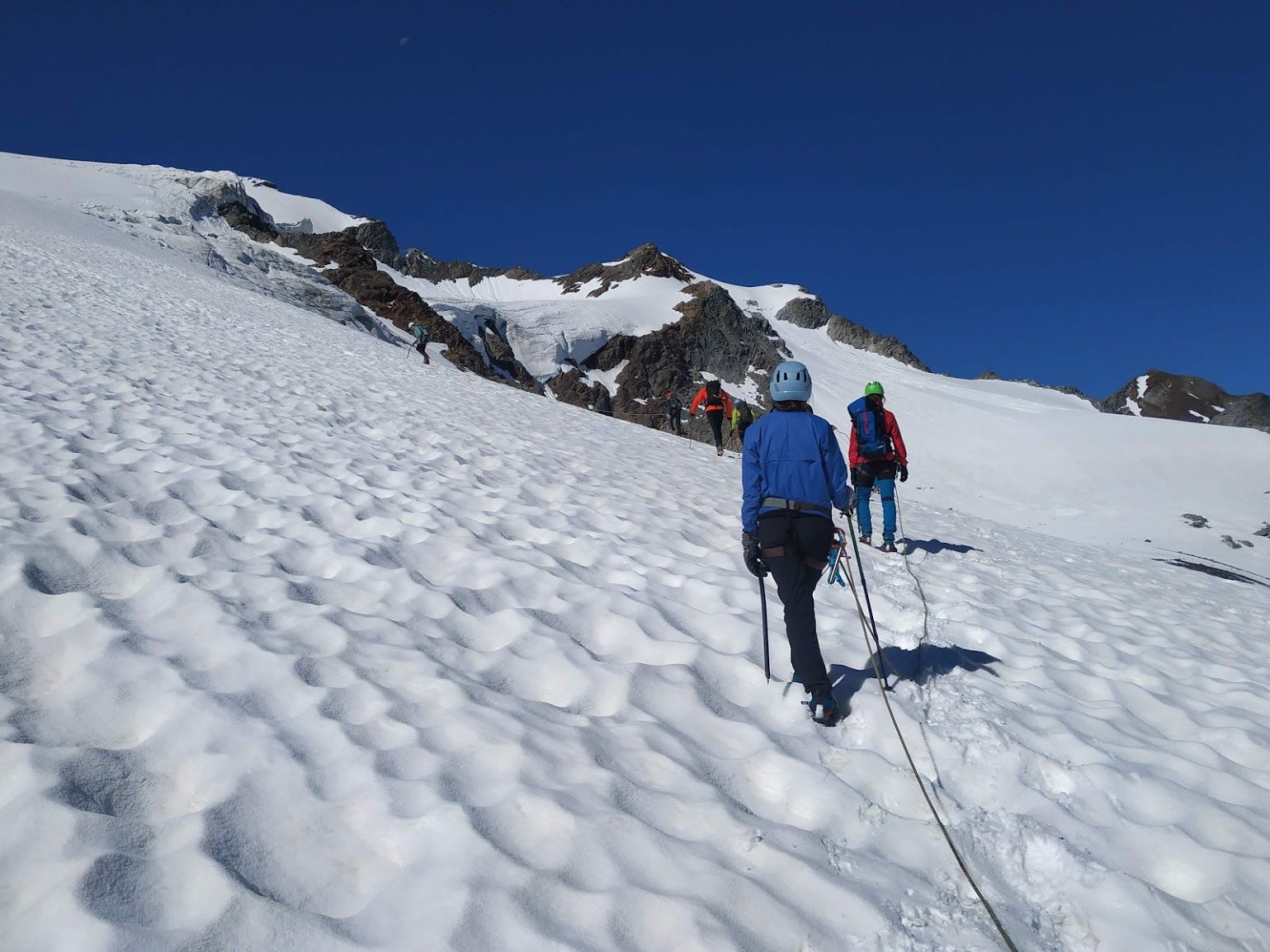
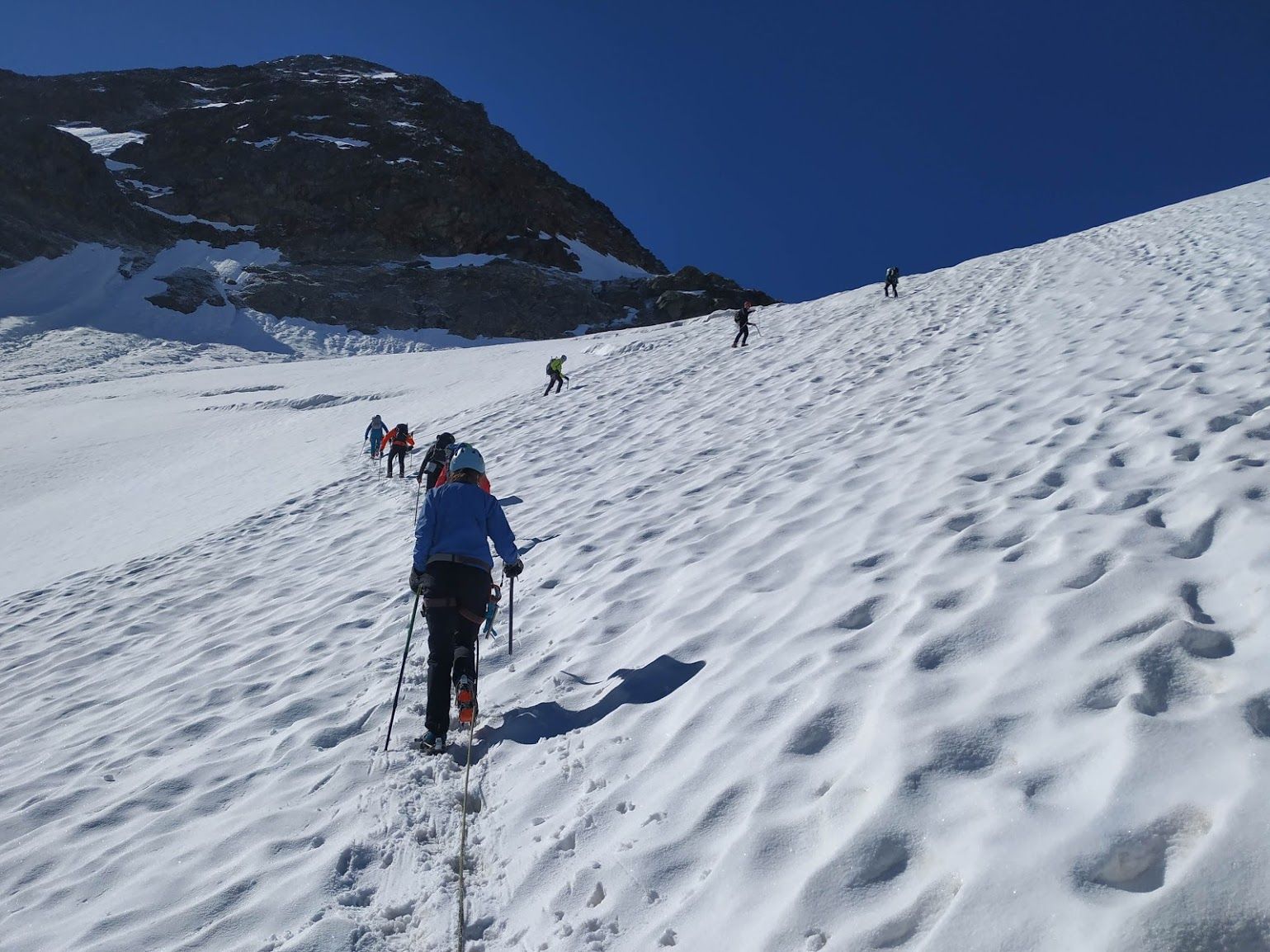
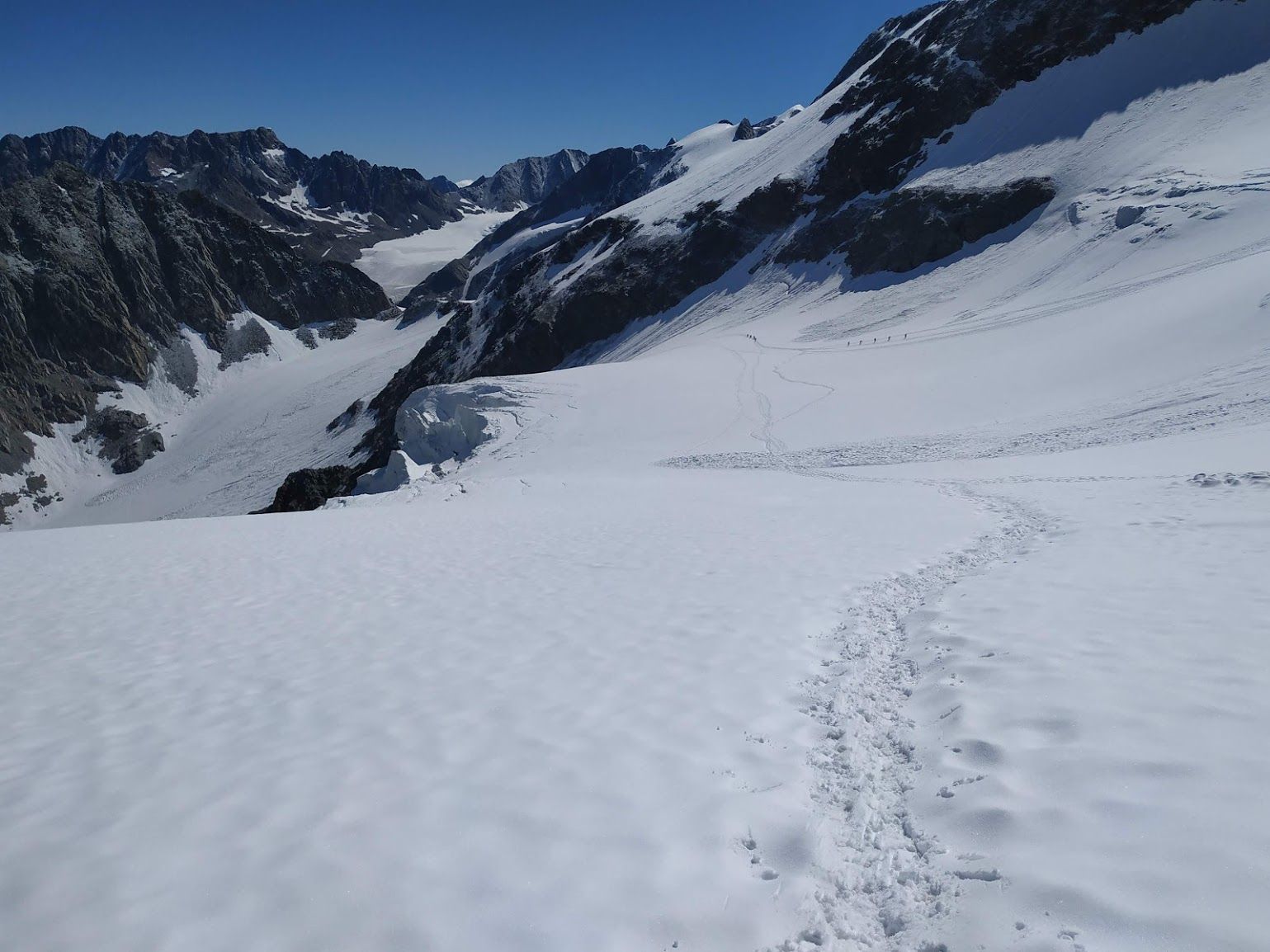
After a rainy day before the morning of the tour was brisk and sunny with good weather forecast. In about three hours we moved from the rocky valley floor up onto the glacier (covered in last night's snow) and from there below the last steep bit. For the final lung-busting ascent we ditched the ropes (mainly used to protect against falling into crevasses) and soon stood on the summit. After spending some time up there to savor the whole crew started the descent back to the Taschachhaus. All in all a perfect day.
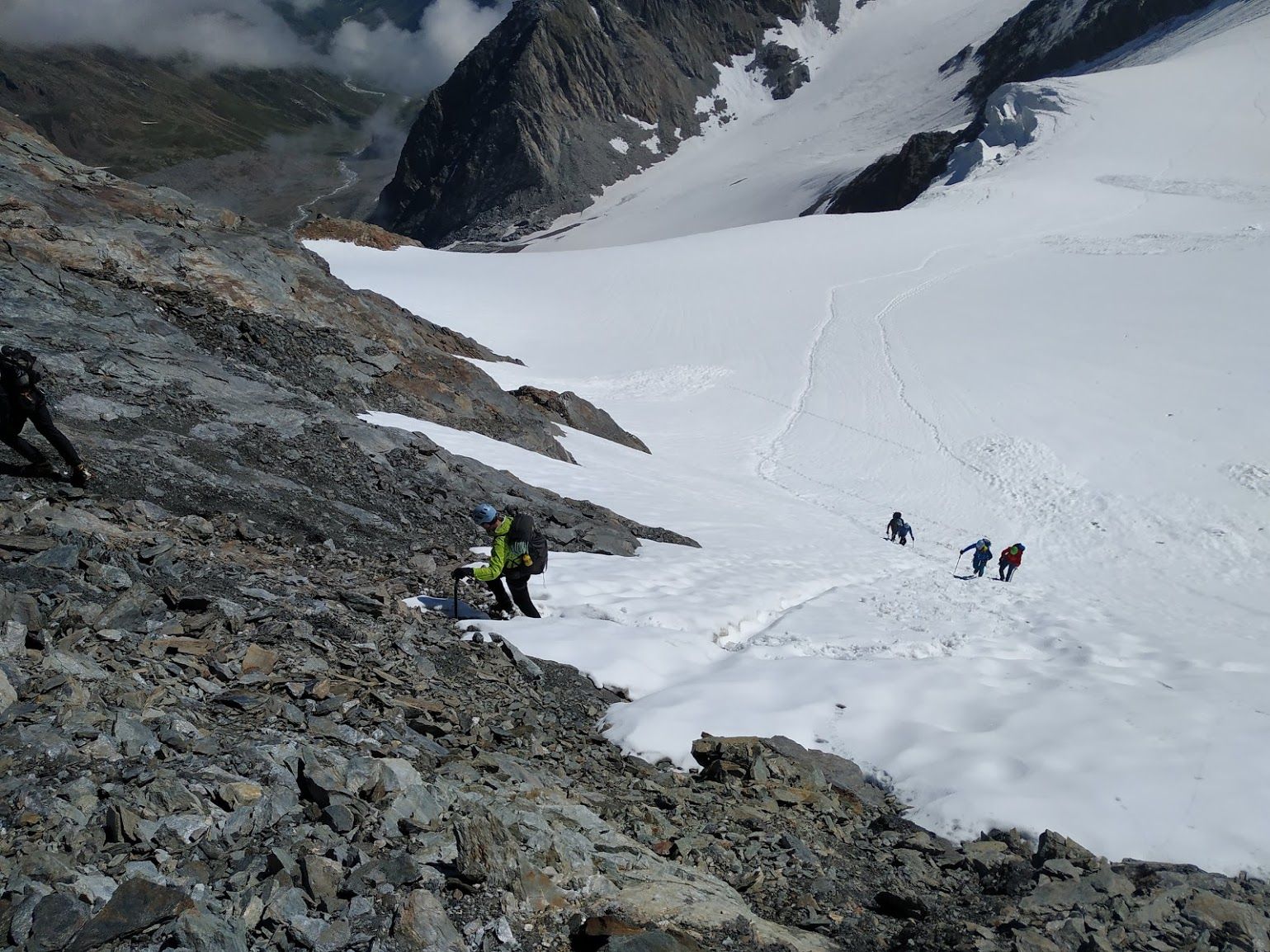
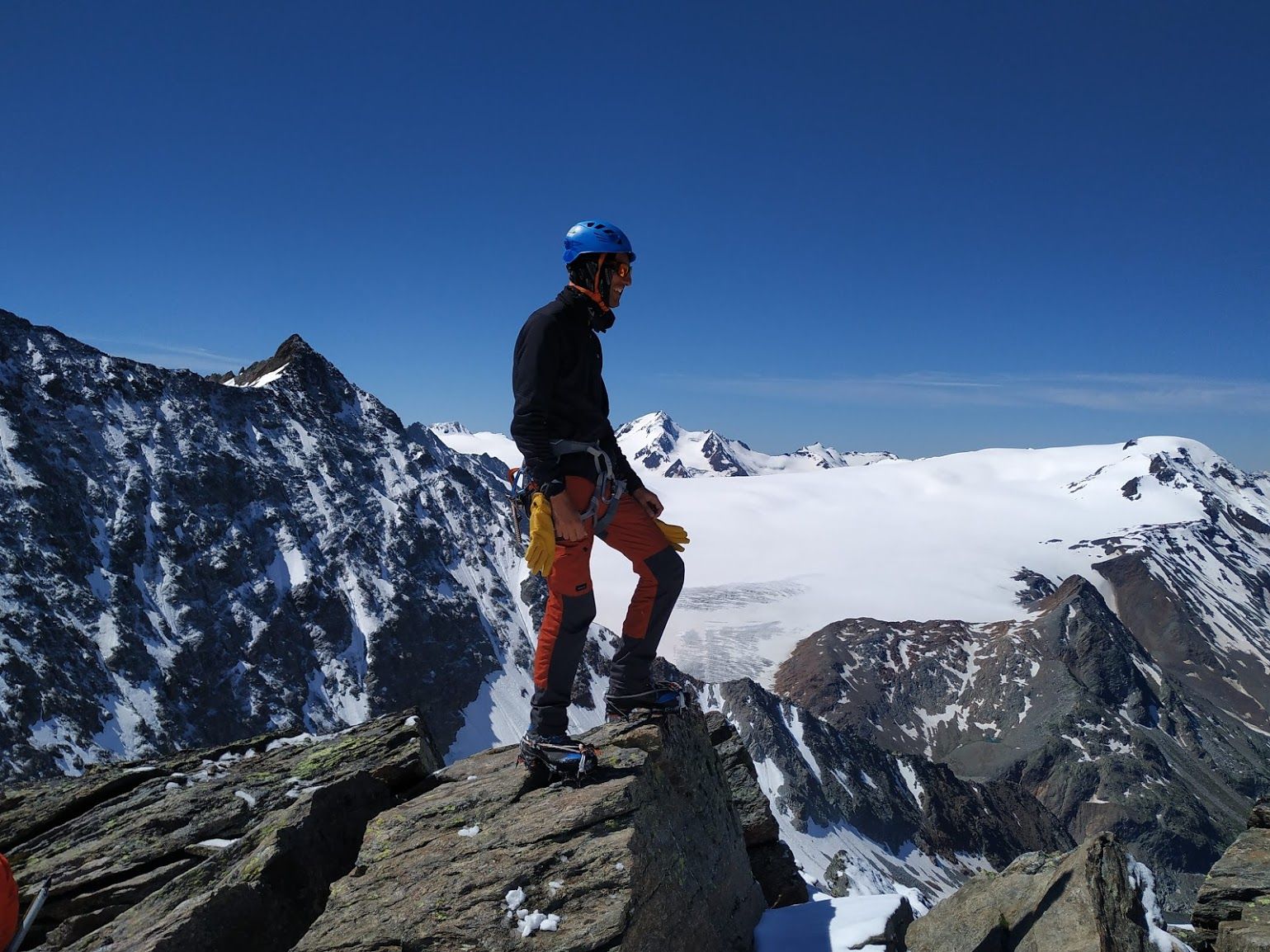
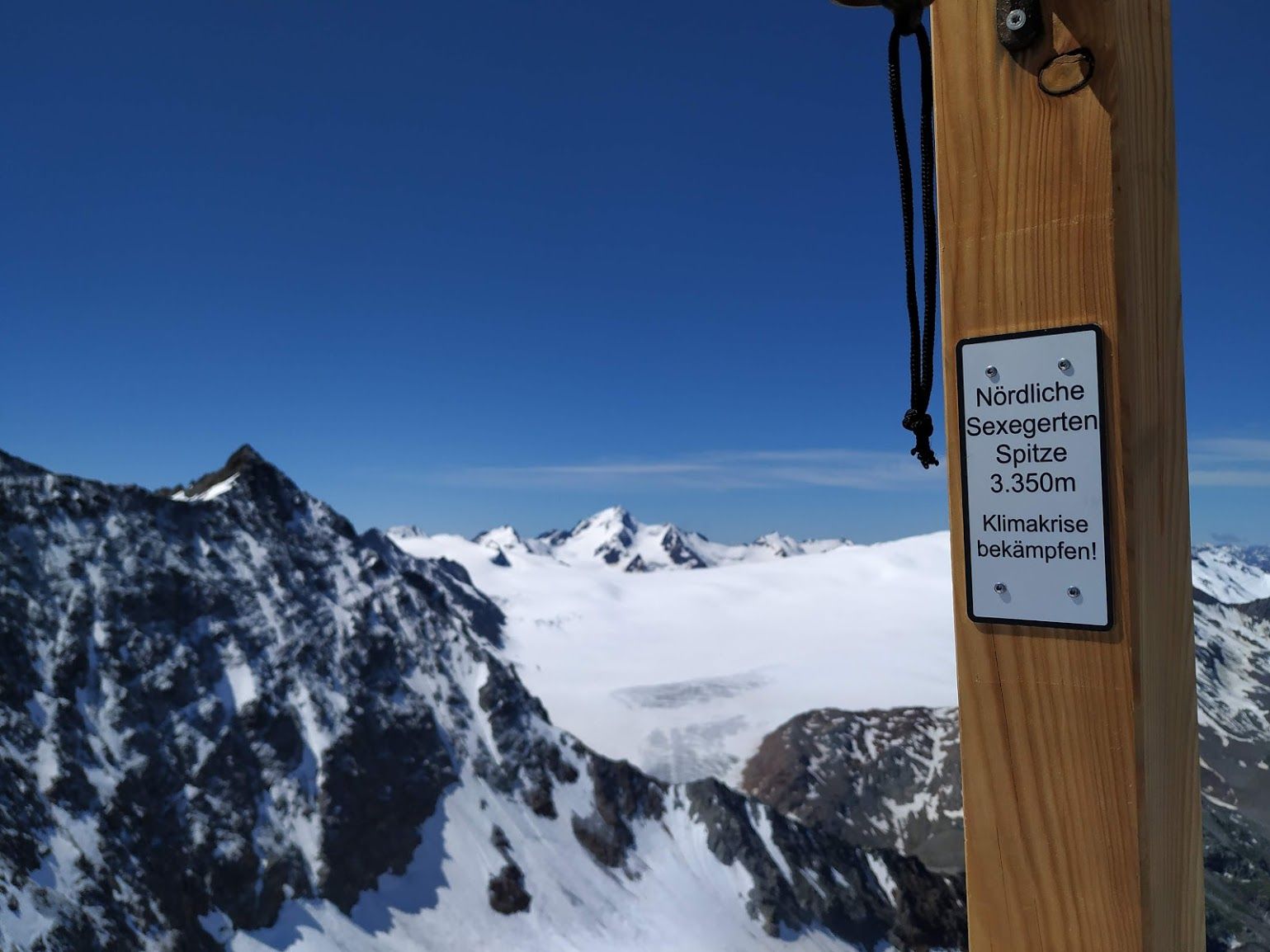
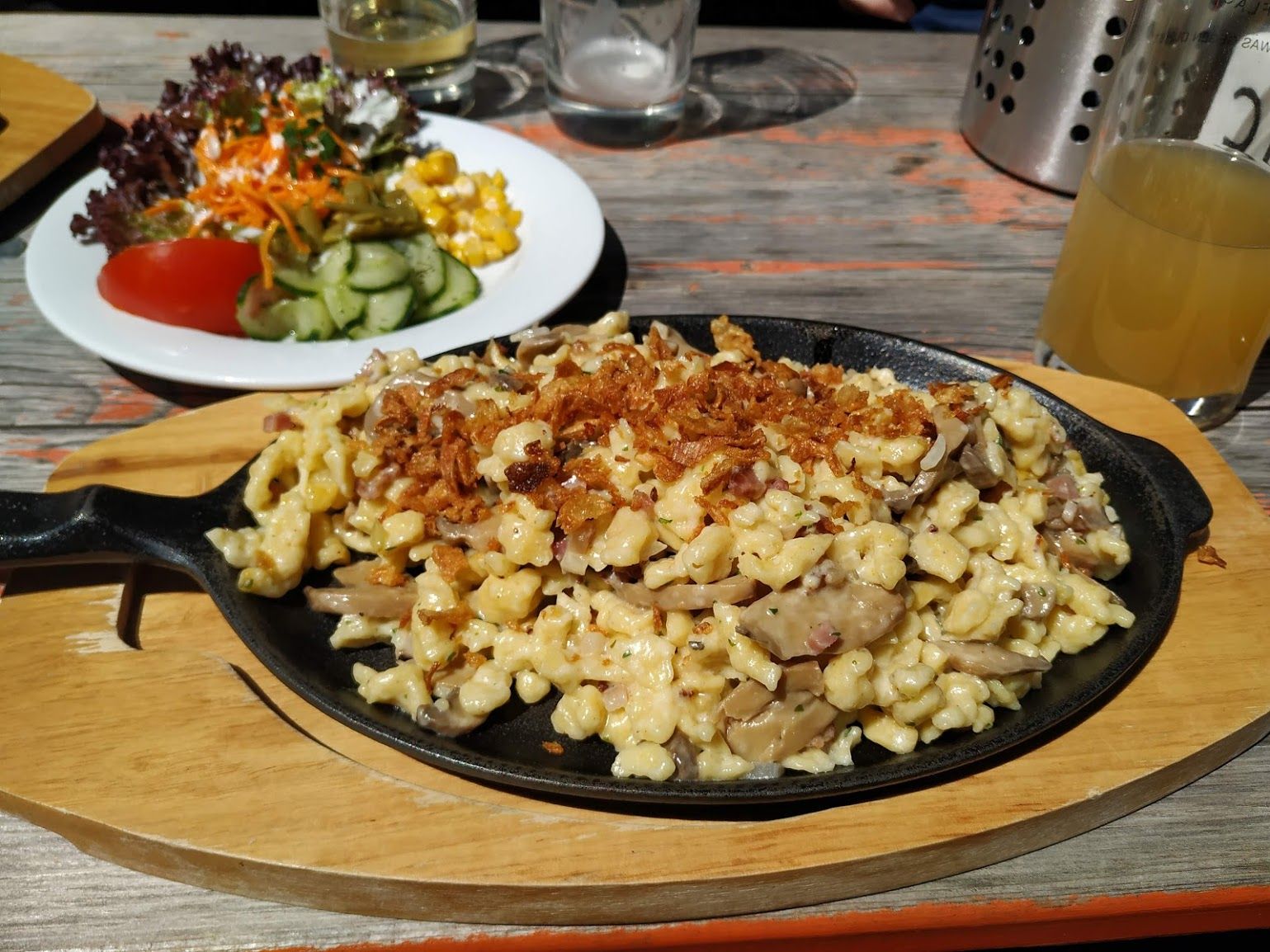
Is the course worth it?
So can I recommend a course of this sort and this one in particular?
Yes - if you know what you want to get out of it. For me making sure I am prepared enough to not make any stupid mistakes was the main goal - and for that this short course was fitting. Furthermore in my opinion the quality of the training is almost completely dependent on the mountain guide that does the course (we were lucky in our group but the others less so with their guide/trainer leaving early). Another advantage of a course like this one is that you meet other people which might be good partners for future trips and you get the chance to get to know them a few days before tying into a rope with them.
In terms of value for money: These courses are not cheap by any means (just checkout the Alpinewelten or DAV Summit Club websites), however I think your money is better spent on a skills course that hopefully allows you to organize independent trips than on a guided tour that maybe provides a great experience but not much in terms of new stuff learned (maybe except if you are as annoying as me and asks a million questions).
Adventures: Bengt
Disclaimer: This text only reflects my opinions and that I paid for the course in full.

